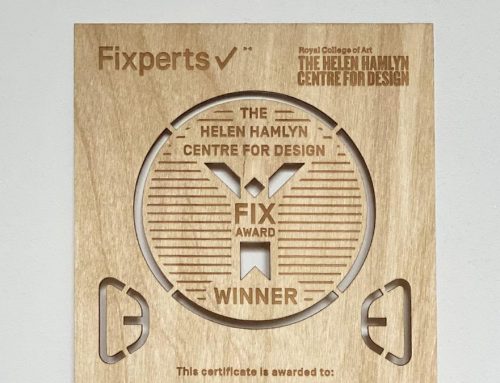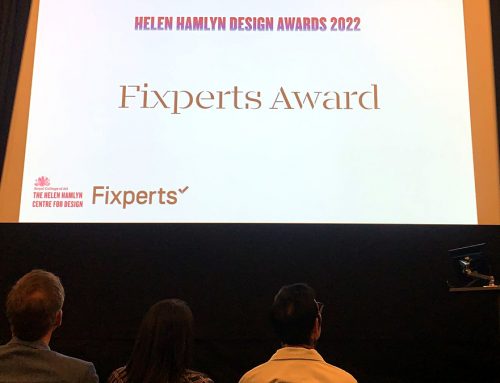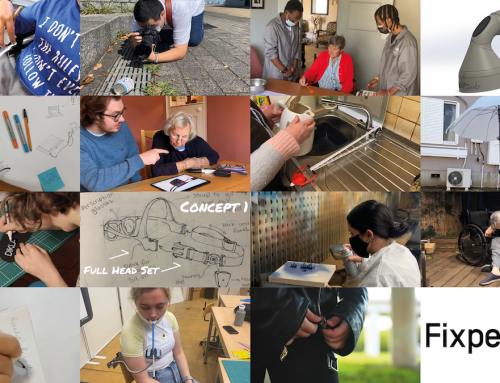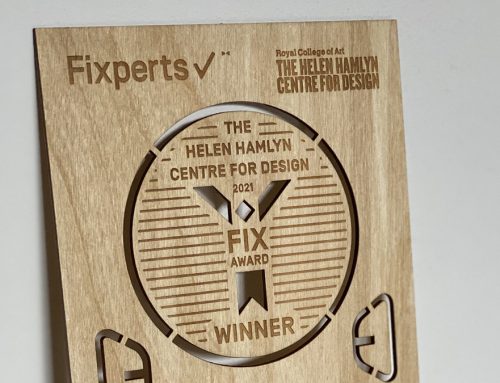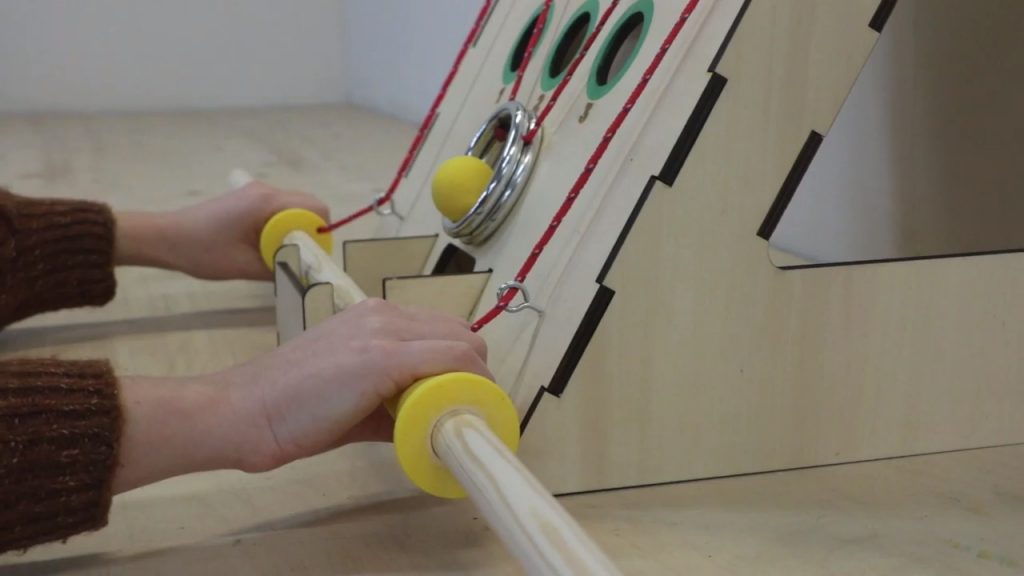
Image Credit: Climbing Maze by Itai & Kama Fix Film
Running a Fixperts course during a pandemic – Insight from Professor Gad Charny
Author: Professor Gad Charny, Fixperts course leader at HIT, Holon Institute of Technology since 2014.
–
Between October 2020 to February 2021 HIT Design School embarked on a second round of teaching a Fixperts course during the remote learning and various lockdown conditions resulting from the Covid-19 pandemic.
–
The course was taught by two tutors to 17 fourth year students resulting in eight team projects and one individual project. The course was taught over a longer period of 17-weeks as an adjustment to the conditions of the pandemic.
–
In this second iteration the lecturers chose Fix Partner relationships in the form of partnerships with two organisations. Unlike regular Fixperts projects in previous years, specific Fix Partners were pre-identified by the tutors. The organisations where selected according to a prioritised criteria of supporting special physical needs. These were new relationships and were established through the staff’s personal contacts and dedicated social media. The organisations comprised; a general rehabilitation centre, Loewenstein Rehabilitation Hospital and a centre for children with special needs, Beit Issie Shapiro.
–
The pandemic has altered the way that a Fixperts project is delivered. When teaching and learning in these conditions there are a few key observations and insights that can be taken into account:
- There was reduced opportunity for face-to-face meetings
- Meetings took place outside classrooms
- Number of attendees was reduced to comply with regulations
- Preplanning and coordination regarding all aspects were key
- Students were briefed with guidance as to how to approach Fix Partners and carers at the rehabilitation centres
–
Through carrying out the Fixperts course the following initial conclusions have been identified:
- Every separate project requires a specific contact person, someone who knows and is in direct contact with the Fix Partner and understands their issues. They should be able to support explaining the issues, help with defining the needs and be available to follow through on the duration of the project.
- It’s desirable that there is one ‘voice’ that represents the needs. When carers shared responsibilities, continuity was disrupted, due to trying degrees of involvement and commitment. This created confusion on both sides.
- It is essential to align expectations with the organisations, and across each participating carer.
- Prioritisation of influencing factors is important. The Fix Partner’s needs are always first. Secondly, the competencies of the students are above the needs of the organisation and equally so in regards to the organisations PR needs.
- It is important to make an effort for a continuous involvement in the process and draw conclusions along the process, in spite and because of challenging communication conditions that arise from the restricted Covid-19 working environment.
- Presentations and discussions were carried out virtually over Zoom and the films were uploaded to YouTube in advance so that one of the tutors could compile it as a playlist.
–
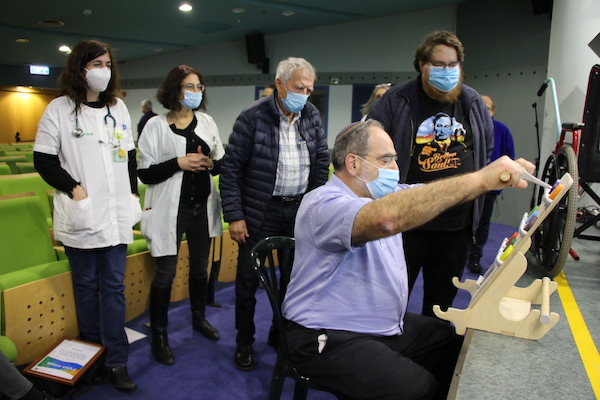
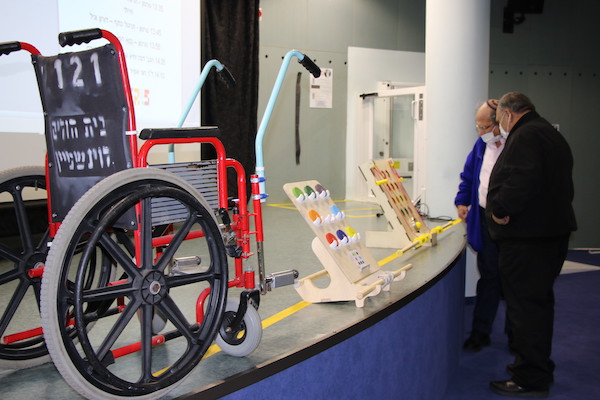
Image Credit: Ceremony at Loewenstein Rehabilitation Hospital where products were delivered by Fixperts and HIT co-teacher
Watch two of the impressive results from the HIT Fixperts course below.
–

